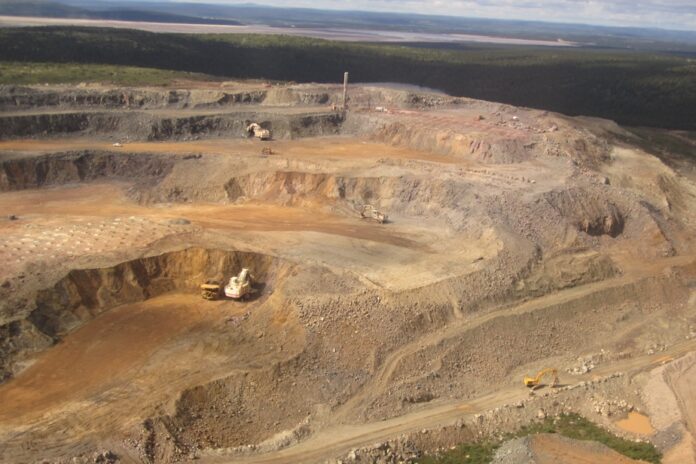By changing the rules of the game to inflate his bosses’ bonuses even if they miss their financial targets, the owner of the Lac Bloom mining complex, near Fermont, appears in a less than stellar list: that of companies that trigger a revolt of shareholders on the issue of compensation.
The largesse of Champion Iron Limited, fanned by La Presse on August 22, does not pass to its shareholders, among which we find the Quebec State and the Caisse de depot et placement du Quebec (CDPQ). About 54% disagreed with the mining company’s approach to compensation.
Among companies listed on the stock exchange, situations of this kind are extremely rare. In Canada, there were only three other cases – Agnico Eagle (mining), First Majestic Silver (mining) and Aimia (holding company) – during the first six months of the year, according to Institutional Shareholder Services (ISS), l one of the world’s leading shareholder advisory firms.
“These are exceptional cases,” said François Dauphin, director of the Institute for Governance of Public and Private Organizations (IGOPP), in a telephone interview. “When you are unable to obtain the passing grade [60%], it is a very harsh signal. This indicates that significant changes or explanations are expected. »
Year after year, compensation policies garner about 91.5% support in Canada, according to estimates by Hugessen Consulting, a governance consultancy. Champion Iron Limited has its work cut out if it wants to come close to this indicator.
The vote on emoluments is non-binding. In fact, nothing obliges the company to change anything. However, when more than one in two shareholders are dissatisfied, the message is clear: change is expected, says Dauphin.
“We could start sticking to the goals set at the beginning of the year rather than changing them,” says the expert. The level of risk must be similar for management and shareholders. »
With an 8.4% stake, Investissement Québec is the second largest shareholder in the mining company. The financial arm of the Quebec state did not want to comment on the situation. The Caisse de depot, the 13th largest shareholder with 1.1% of the securities in circulation, did not participate in the revolt of security holders. However, she expressed her thoughts to the company.
“We have formally communicated our expectations surrounding compensation practices and we expect the company to make the necessary adjustments,” says CDPQ spokesperson Kate Monfette.
Executives at Champion Iron, parent company of Quebec Iron Ore (MFQ), missed their financial targets last year. This did not dampen the generosity of the board of directors. It decided that the base salary multiplier for determining the annual bonus would increase from 33.5% to 50% due to “challenging macroeconomic conditions,” the “inflationary environment” and “significant headwinds facing the industry iron ore was confronted”. This helped Champion Iron’s top bosses get 12.8 million in total compensation, which takes into account base salary, bonuses and other benefits.
For example, CEO David Cataford saw his bonus reach $585,000. The change decreed by the administrators allowed him to obtain $193,000 more.
Meanwhile, Champion Iron loaned nearly $9 million to its executive chairman, Michael O’Keefe, and paid $3 million in severance to its former chief financial officer, in addition to offering a one-time bonus of $750,000 to Ms. Cataford due to a “remarkable” performance last year.
The company saw its profits fall by 62%, to 200 million.
Even before its annual meeting, which took place on August 30, ISS, which advises large institutional investors, was not kind to Champion Iron. In a report released in mid-August, the international firm estimated that “problematic salary practices” are “persistent” within this company.
“They are inconsistent with expectations of good governance,” write ISS analysts. The board exercised discretion [on the issue of bonuses] without proper disclosure of relevant performance indicators. »
They also deplore the absence of “adequate justification” to explain the one-off bonus of $750,000 offered to Mr. Cataford.
Despite everything, Ms. Prégent-Charlebois says that “the annual general meeting above all allowed shareholders to express their unequivocal support for Champion’s senior management”.
Shareholders, however, seemed to see things differently. Nearly 14% of them opposed the re-election to the board of directors of Gary Lawler, head of the compensation committee. ISS recommended rejecting the applications of Mr. Lawler and Mr. O’Keefe as directors.















